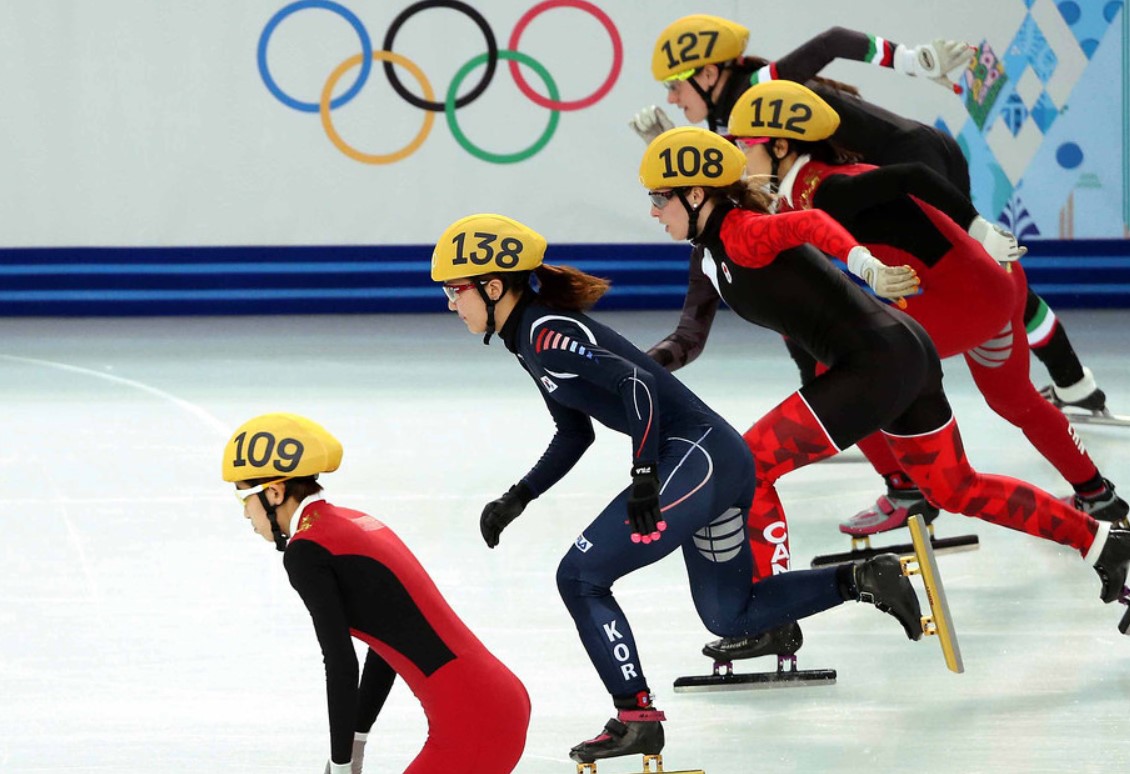Canada has filed an appeal against the decision to award the bronze medal in the figure skating team event at the 2022 Winter Olympics to the Russian Olympic Committee (ROC), despite the disqualification of one of their skaters, Kamila Valieva, for doping. Canada, which finished fourth in the event, argues that the International Skating Union (ISU) did not apply its own rules correctly, and that the medal should be given to them instead.
Valieva banned for four years for doping
Valieva, a 17-year-old prodigy who became the first female skater to land a quadruple jump at the Olympics, tested positive for a banned heart medication, trimetazidine, in December 2021. However, the news of her failed test only emerged after she had competed at the Beijing Olympics, where she helped the ROC win the gold medal in the team event, and finished fourth in the individual event.

Valieva claimed that she had unknowingly ingested the substance through a contaminated strawberry dessert, and was initially cleared by the Russian Anti-Doping Agency (Rusada). However, in January 2024, the Court of Arbitration for Sport (Cas) upheld an appeal by the World Anti-Doping Agency (Wada), and imposed a four-year ban on Valieva, backdated to 25 December 2021. Cas also ordered the disqualification of all her competitive results from that date, including the Olympics.
ROC demoted to bronze, but Canada not satisfied
Following the Cas ruling, the ISU announced that the ROC would be demoted from the gold to the bronze medal in the team event, as Valieva’s scores would be removed from their total. The United States, which finished second, would be upgraded to the gold medal, while Japan, which finished third, would be upgraded to the silver medal.
However, Canada, which finished fourth, was not satisfied with the ISU’s decision, as they claimed that the ISU did not apply its own Rule 353 correctly. Rule 353 states that “competitors having finished the competition and who initially placed lower than the disqualified competitor will move up accordingly in their placement”. Canada argued that since Valieva was disqualified, the ROC should have been disqualified as a team as well, and that Canada should have been awarded the bronze medal.
Canada filed an appeal with Cas, seeking to overturn the ISU’s decision, and to receive the bronze medal. “Our appeal is rooted in a commitment to fairness, transparency, and the integrity of the sport,” Skate Canada said in a statement. “Skate Canada believes that it is crucial for the integrity of competitive figure skating that rules and regulations are upheld consistently and fairly.”
Cas to decide on Canada’s appeal soon
Cas confirmed that it had received Canada’s appeal, and that it would decide on the case as soon as possible. Cas said that it would consider the arguments and evidence presented by both parties, and that it would issue a final and binding verdict. Cas did not give a specific timeline for its decision, but said that it would try to resolve the matter before the end of February 2024.
The outcome of Canada’s appeal could have significant implications for the medal standings, the reputation of the skaters, and the future of the sport. If Canada wins the appeal, they would receive their first medal in the team event, which was introduced at the 2014 Winter Olympics. If the ROC loses the appeal, they would lose their third medal in the team event, which they had won in 2014 and 2018. The skaters involved in the event, especially Valieva, would also face the consequences of the verdict, as it would affect their careers and legacy. The appeal could also prompt a review of the rules and regulations of the sport, and the anti-doping system, to ensure that such situations do not occur again.
